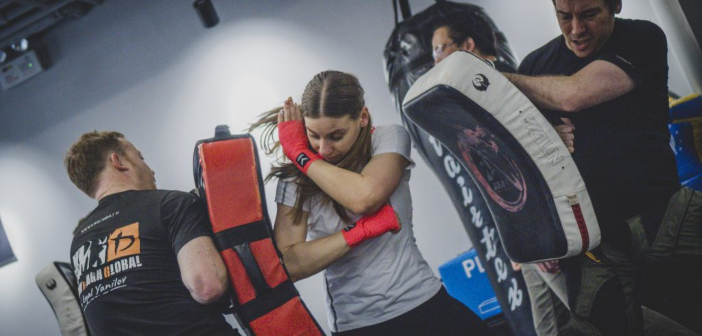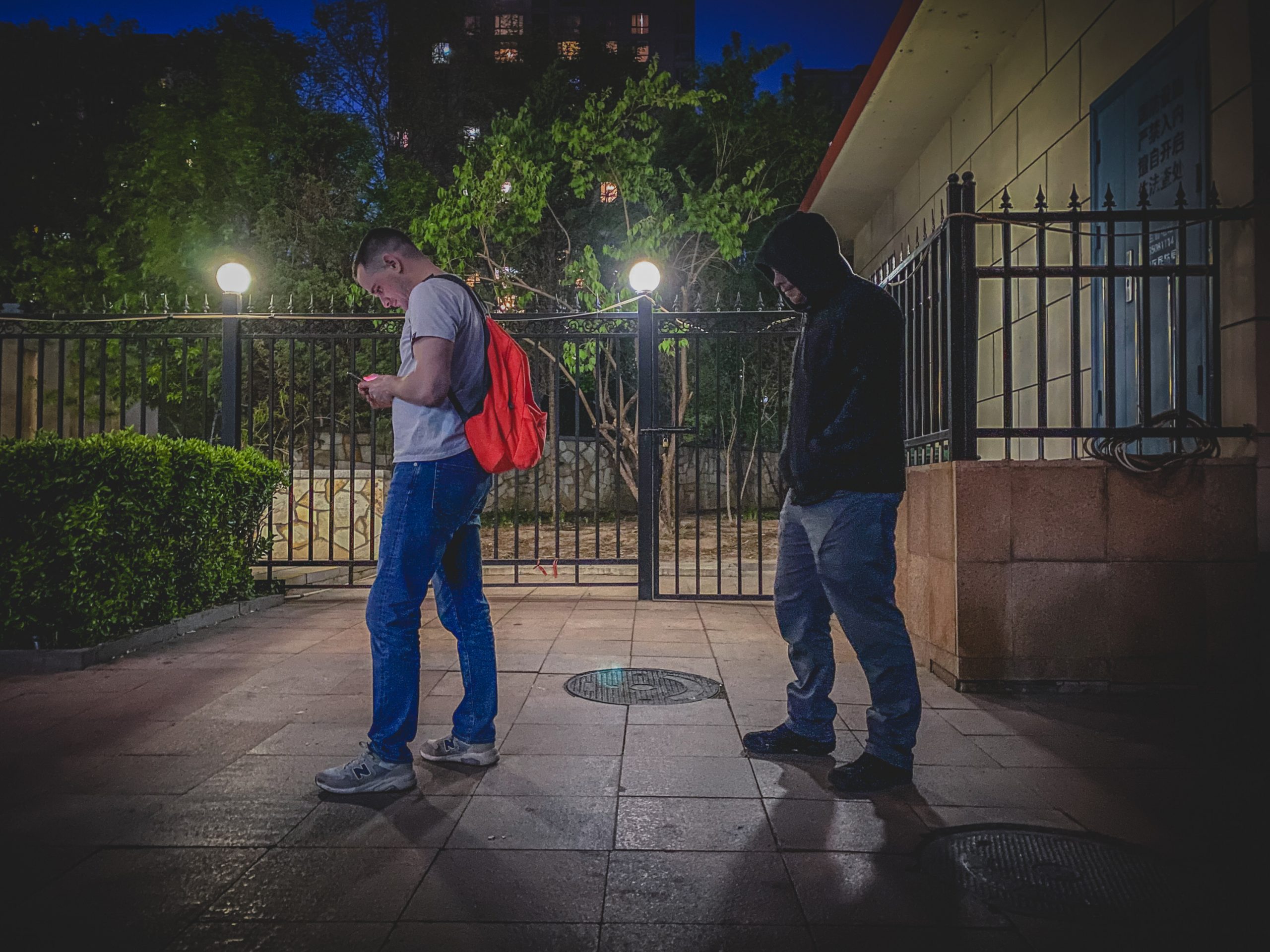When going off to college, one of the most important things any young adults can do is to equip themselves with fundamental safety and self-defense knowledge.
The truth of the matter is, no matter what age, gender, race, size or shape you are, you are vulnerable to incidences of violence and threats to your safety.
We spoke to self-defense experts and university counselors on the top 10 safety tips that Beijing teens – and their parents – should know before heading off to university.
1. Know your campus and your city.
“Do your research early,” says Michelle Chow-Liu, head of high school counseling at Western Academy of Beijing (WAB) and president of the International Association for College Counseling. “Look at the universities you apply to. Think about what the area’s like, what the crime rate is around the university, what places are safe or not.”
It’s also important to know how to get around without GPS – if your phone runs out of power, you don’t want to be lost and alone late at night.
One of the best sources of information is the college or university’s orientation for international students. “If you’re a citizen of the country where you’ll be headed for university, but have lived abroad most of your life, then take the orientation for international students,” says Chow-Liu.
Orientations typically cover a lot of practical information about the city, as well as key resources available to students. These can include emergency numbers, late night shuttle services, crime prevention training, active shooter guidelines, sexual assault prevention and reporting, cyber safety, etc.
2. Don’t isolate yourself.
“A lot of kids decide to live off campus instead of the school dorm, with no roommate,” says Jonathan Mellen, IBDP Coordinator and University Guidance Counsellor at Yew Chung International School of Beijing (YCIS). “This makes it difficult because if something happens, you can’t just call your parents in the middle of the night to help you. You need people you can reach out to.”
Once you get to campus, build your networks. Join the student fellowships and associations, including those for international students, Asian-Americans, Chinese students, etc. “The more you’re connected in your university,” Mellen says, “the greater your safety net is.”
3. Be strategic about your daily routine.
Whether you’re walking home or headed out for a jog, take the safest routes. Stay on well-lit, populated pathways. Avoid cutting through alleyways, parking lots, or parks at night. Have a few different options for your regular routes and switch them up, to prevent anyone from knowing your routine. If possible, travel in groups or with a friend, especially at night or in unfamiliar places.
“If you feel someone is following you, try to change course a few times and check what they do, or see if they stop when you stop, or pass you by,” says Von Ng, China director of Krav Maga Global, a training center in Beijing for Israeli self-defense and combat system Krav Maga. “If you think you’re being followed, do not go straight home. Go to a crowded place, find a shop or security guard, and ask for help.”
As a habit, have your keys out and ready before you enter your residence or as you walk to your car – especially at night or in an empty parking lot. Make sure to check your surroundings as you approach your door, to ensure no one is behind you.
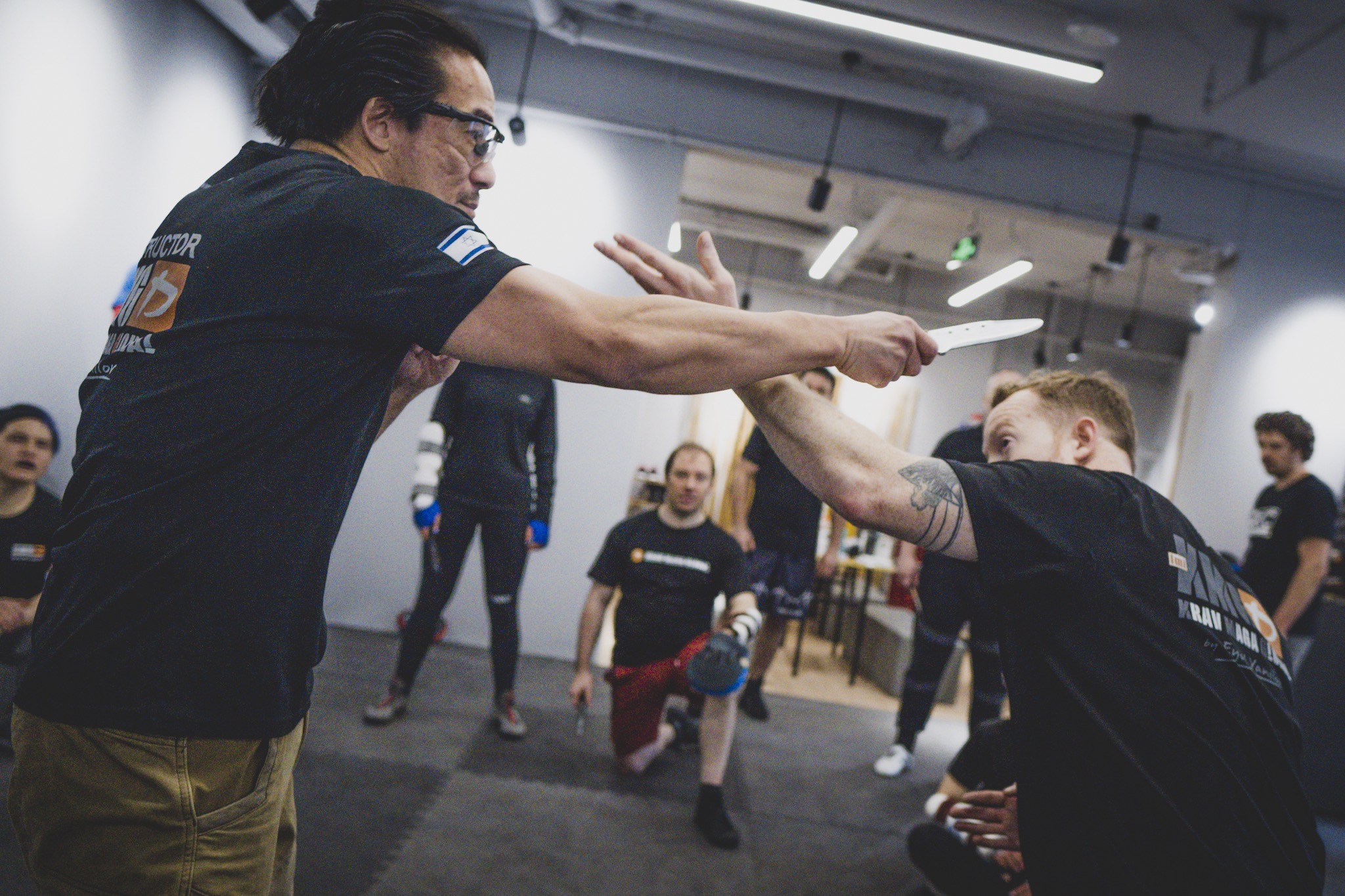
Krav Maga students are introduced early on to the realities of bladed weapon threats and attacks, and learning how to make good decisions when faced with this kind of danger.
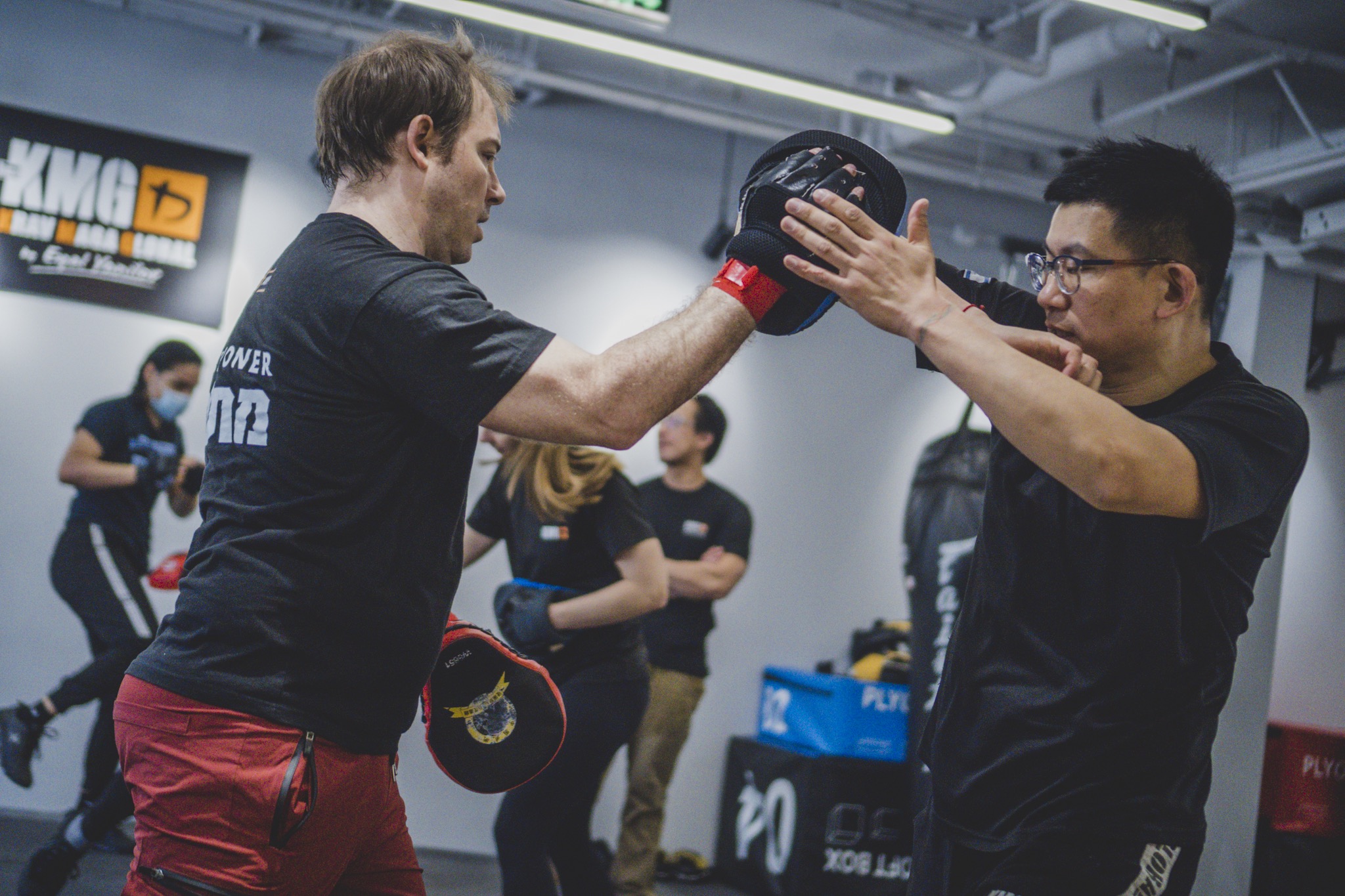
Learning to strike is core to any self-defense system.
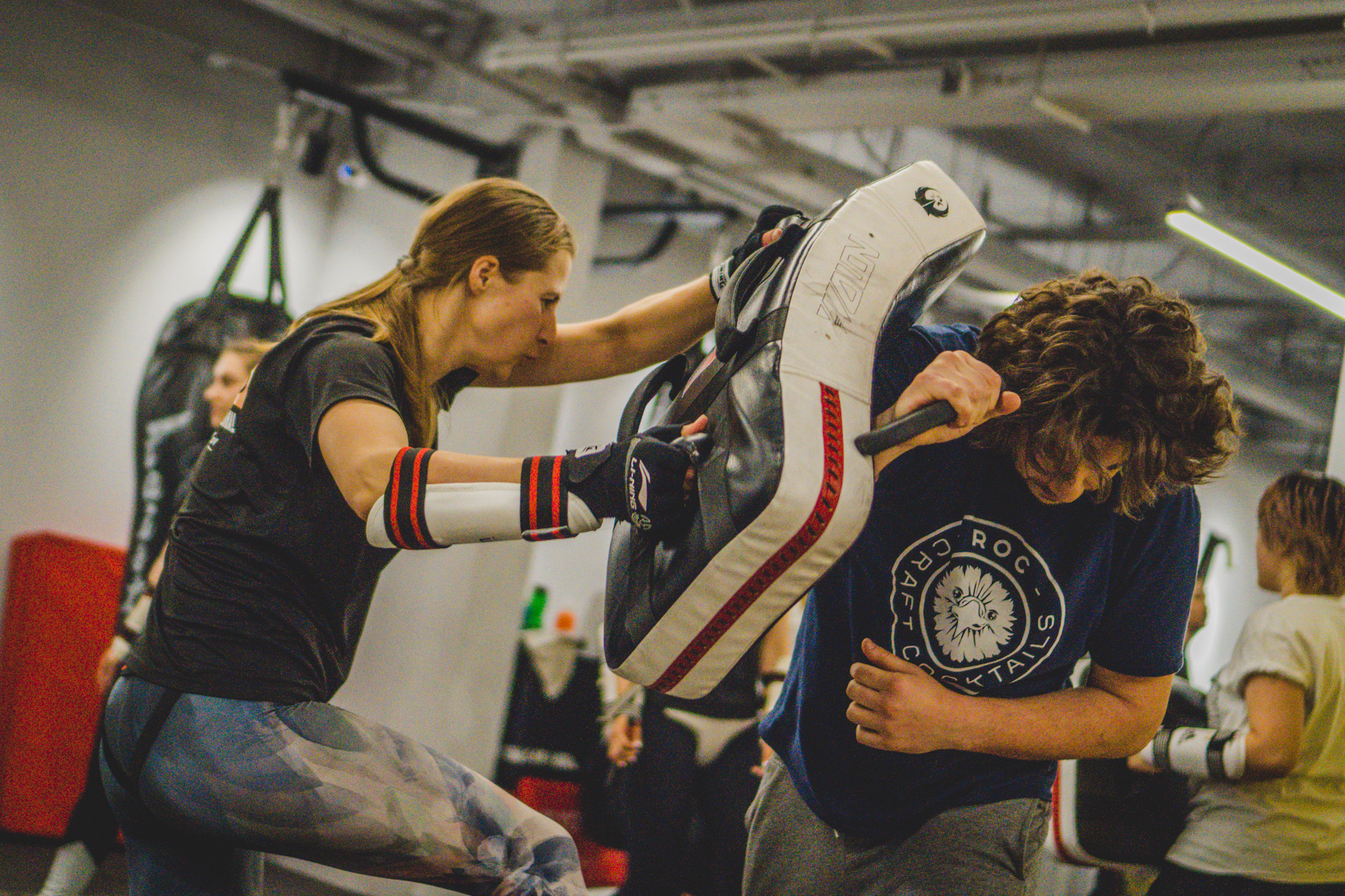
Krav Maga students learn how to use shield-type objects like a backpack when dealing with danger.
4. When in public, don’t be distracted by your devices.
“When you’re on the street, in the bus, subway, or even in a car, don’t have music blasting in your headphones or be glued to your phone,” says Ng. “You need to be able to spot a potentially dangerous situation, but if you’re tuned out, it’s easy to get caught unaware.” If you look distracted, you’re also an easier target for people with ill intent.
Ng says that people especially tend to let their guard down in public places that they’re familiar with, like libraries, jogging paths, coffee shops, or gymnasiums. “Threats to your safety can happen in any of these places. It’s not about being paranoid, but about being able to react and get out if danger arises.”
5. Lock your home and car doors and keep your valuables out of sight.
At 3am on Jun 22, 2020, Terry Ma, a graduate student at Worcester Polytechnic Institute, discovered an intruder in his off-campus duplex. “We locked the first floor doors and windows,” he recounts, “but the intruder climbed the front porch and got in through the second floor window.” The burglar fled when he was discovered, and luckily no one was hurt.
“Lock your doors and windows – dorm room door, car door, garage door, kitchen windows, bedroom windows, etc. – even when you’re inside,” says Ng. “And don’t leave your valuables in plain sight, like by a street-facing window in your apartment, or on the dashboard of a parked car.”
6. Be attentive in public transport – even in an Uber.
If you’re taking a bus, use well-lit and busy stops whenever possible. Don’t fall asleep or be glued to your devices when you’re in any kind of public transport, including a taxi or Uber.
With ride-hailing services like Uber, make sure to check the license plate on the car before getting in. If there’s another person in the car with the driver, don’t get in. Uber explicitly states that “no one other than the requesting rider and the rider’s guests are permitted in the vehicle.” Make sure you determine the route, and track it on the app if it’s not a route you’re familiar with. If you’re inebriated, have a sober friend accompany you on the ride.
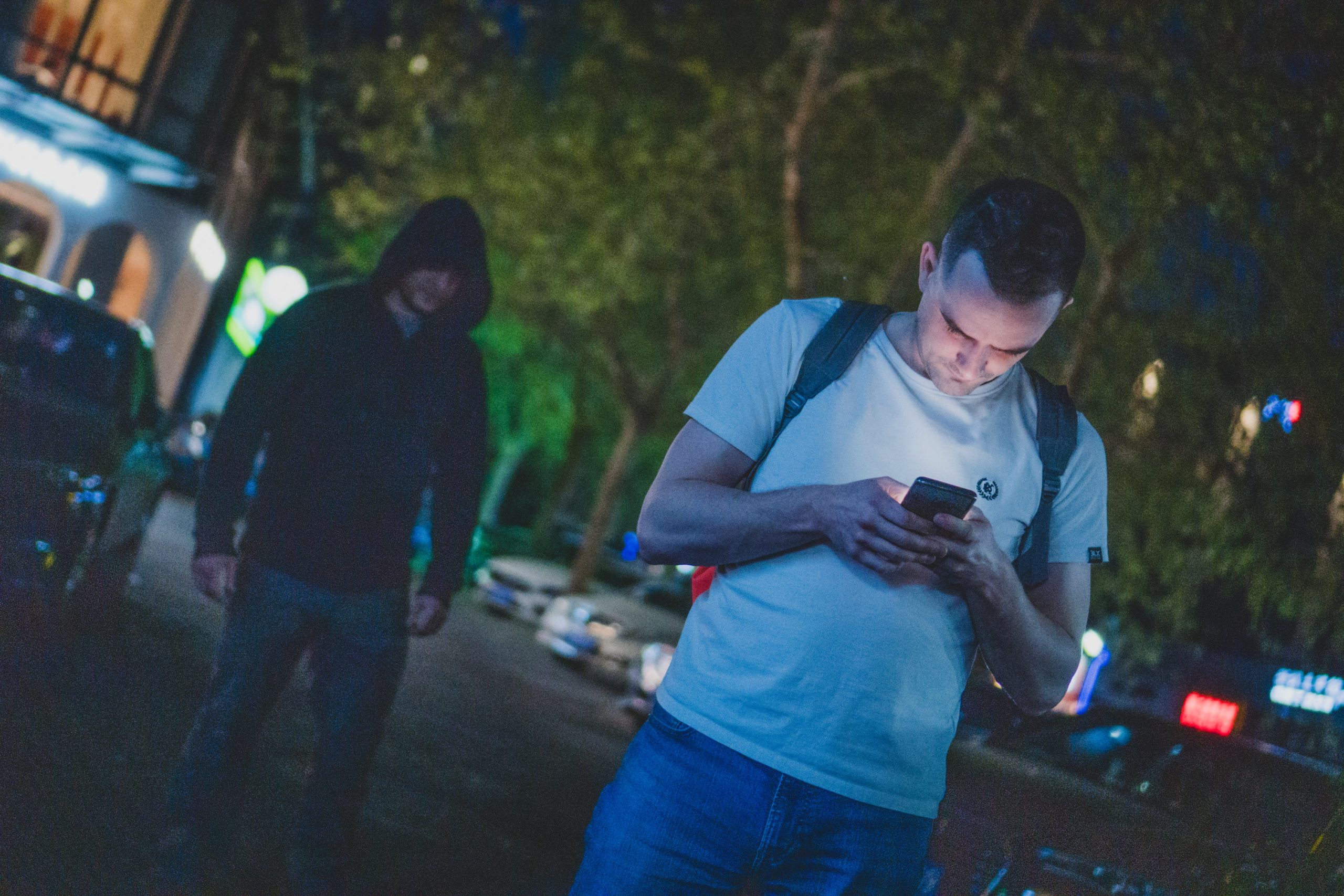
If you’re distracted by your devices, it’s easy for people to sneak up behind you.
7. Set your boundaries, trust your instincts, and advocate for yourself.
Don’t be too nice to strangers, especially if you are alone. Asking for “help,” whether it’s asking for directions, the time, assistance, etc., is a common distraction tactic. Don’t let people you don’t know get close to you, and when going into your apartment building, don’t hold the door open for strangers – even for deliveries. “Trust your instincts, and don’t worry about seeming rude,” Ng says.
With people you know, the same rule applies. “When people test your boundaries – whether they are strangers or people you know – they are counting on your social programming to get away with it,” Ng says. “Don’t fall for it.”
The key to being able to set and enforce your boundaries is to actually outline what they are early on. “Have open discussions on sensitive issues like consent, abusive relationships, peer pressure, substance abuse, and conflict resolution,” says Chow-Liu. Under WAB’s Social and Emotional Learning Program, for example, students have interactive lessons and guided discussion groups on these topics from as early as Grade 9.
“You don’t want to be confronted with these issues without some sense of where you stand,” says Ng. Know your boundaries, communicate assertively, and recognize someone who won’t respect a “no.”
8. Don’t overshare.
As a rule of thumb, avoid sharing your location – especially your home or regular haunts – on social media. “It’s okay to share some photos or posts online, but be careful about sharing your location,” says Ng.
And when conversing with unfamiliar people, be aware if someone is asking questions that reveal your routine or your personal information. “You don’t have to tell anyone anything that you don’t want to. In fact, you can lie or tell the person you’re talking to that you don’t feel comfortable sharing,” says Ng.
9. Be prepared.
Having a defensive tool on you is a good idea, but in case something happens, the most important thing is to have the willingness to fight and get away. In truth, anything can be a weapon, so use whatever you have on you or find around you – a bag, a book, a chair, a table – to defend yourself and buy yourself time and opportunity to escape.
10. Learn basic self-defense.
“Self-defense is a life skill, and everyone – regardless of age, gender, size, or shape – should invest in learning it,” says Ng.
Find a place that teaches practical street self-defense and covers situational awareness, rather than competition-style or performance-style combat or martial arts, Ng advises. “We obviously recommend Krav Maga, but if you can’t find Krav Maga, find a system that’s relatively easy to learn, direct in approach, employs simulation and stress training safely, and aims to be immediately usable. The idea is that if you need to use what you learned today tomorrow, you could.”
In the end, knowing self-defense makes you naturally more aware, and more able to prevent or avoid a bad situation in the first place. “The irony is,” says Ng, “the more you learn self-defense, the less likely you’ll need to use it.”

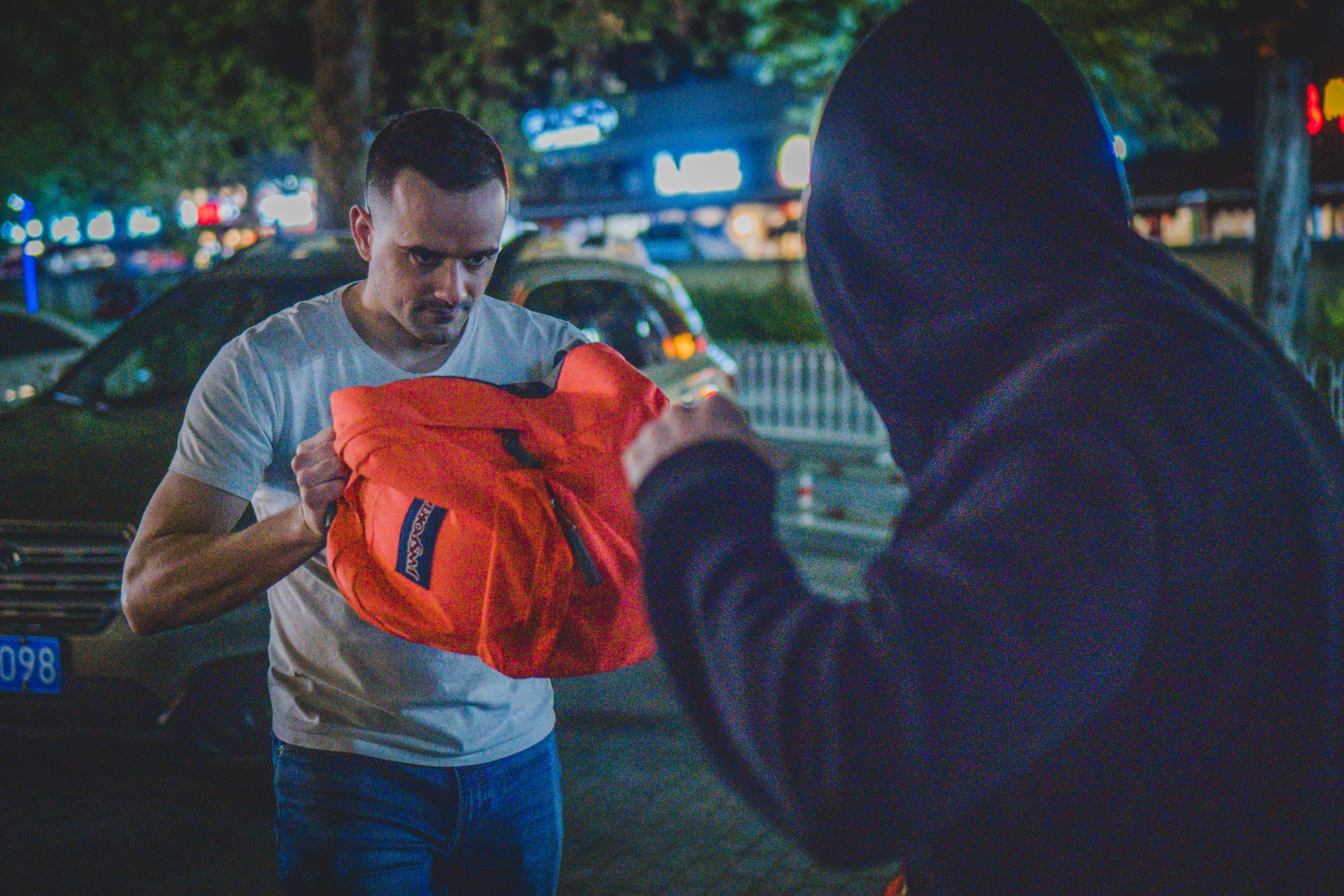
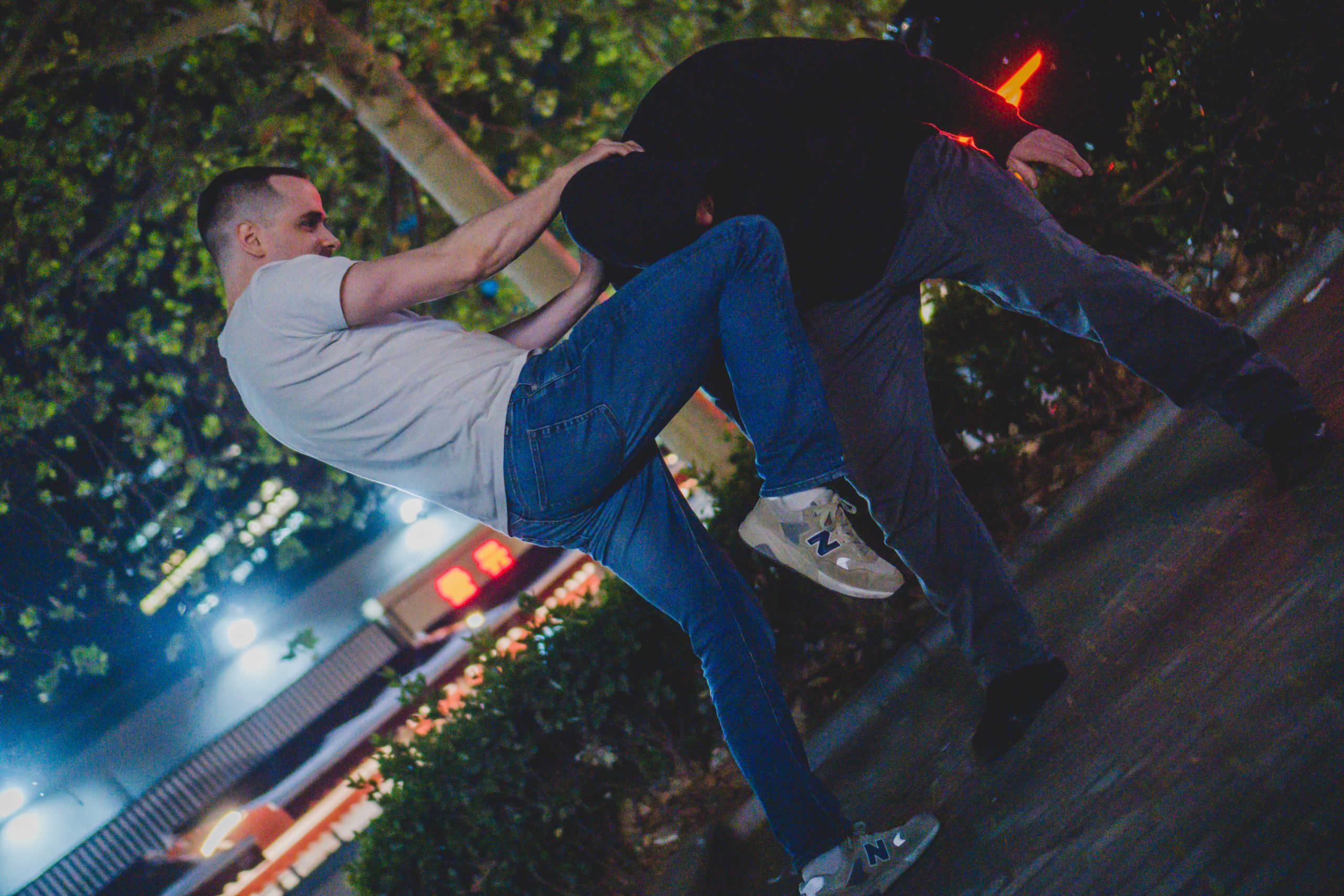
Krav Maga students learn how to use shield-type objects like a backpack when dealing with danger.

This article appeared in the jingkids 2022 Graduation issue

